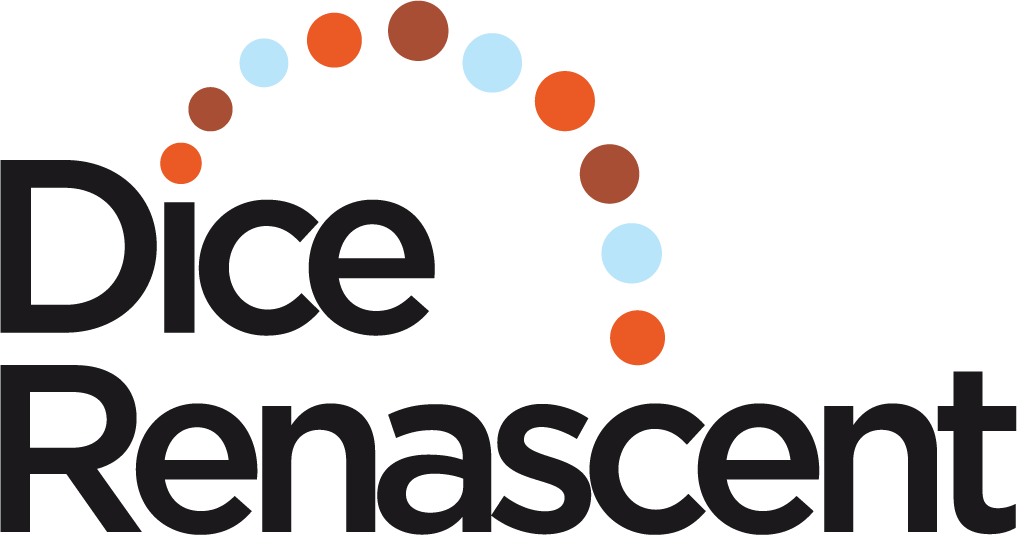Modern Slavery Policy
Guiding Principle
At Dice Renascent, we uphold the highest standards of ethics and integrity. We have a zero- tolerance approach to modern slavery and are committed to preventing and addressing any instances of forced labour, human trafficking, or other forms of exploitation within our business and supply chain.
1. Purpose
The purpose of this policy is to affirm Dice Renascent’s commitment to ensure to the best of our ability that there is no modern slavery in any part of our business operations. We are committed to acting ethically and with integrity in all business dealings and relationships, and where possible, to ensure modern slavery is not taking place in our own business or supply chain.
As part of our contracting processes, we will include specific prohibitions against the use of forced, compulsory or trafficked labour, or anyone held in slavery or servitude.
Our business also expects its service providers, suppliers, and contractors to share our commitment to act lawfully and ethically and to work to ensure that modern slavery is not taking place within its organisation or within its supply chain.
2. Scope
This policy applies to all persons working for and with Dice Renascent or on its behalf, including:
All employees (full-time, part-time, casual, temporary, or permanent)
Contractors working on behalf of Dice Renascent
Suppliers and consultants
Third-party representatives and business partners.
3. Definition
Modern slavery is an ongoing issue worldwide. The term ‘modern slavery’ describes situations where coercion, threats or deception are used to exploit victims and undermine their freedom. Coercion, threats and deception can be explicit or implicit.
The Modern Slavery Act 2018 defines modern slavery as including eight types of serious exploitation:
Trafficking in persons
Slavery
Servitude
Forced labour
Forced marriage
Debt bondage
The worst forms of child labour
Deceptive recruiting for labour or services
The worst forms of child labour mean extreme forms of child labour that involve the serious exploitation of children, including through enslavement or exposure to dangerous work. The worst forms of child labour do not mean all child work.
Under Australian law, modern slavery is defined in the Act. In the event of any inconsistency, the definitions in the Act take precedence over this policy.
4. Dice renascent Guides to Anti-Modern Slavery
Commitment to Zero Tolerance We are committed to a zero-tolerance approach to modern slavery in all its forms. Our organisation is dedicated to preventing and addressing any instances of forced labour, human trafficking, or exploitation within our operations and supply chains.
Compliance with Laws and Standards We will adhere to all applicable laws and regulations concerning modern slavery and human trafficking. This includes international conventions, national legislation, and industry standards, ensuring that our practices are compliant and up-to-date.
Transparency and Accountability We promote transparency in our operations and supply chains. We will conduct regular risk assessments to identify potential areas of concern, and we are committed to taking appropriate action to address any identified risks.
Due Diligence and Risk Management Our due diligence processes are designed to identify and mitigate risks related to modern slavery. We will engage with suppliers, contractors, and other stakeholders to ensure they uphold the same ethical standards and comply with our policy.
Training and Awareness We will provide training and resources to our employees, and partners to raise awareness about modern slavery and human trafficking. Our goal is to equip them with the knowledge and tools needed to identify and report any issues.
Ethical Business Practices We uphold high ethical standards in all our business practices. We expect our employees, suppliers, and business partners to adhere to these standards and to act with integrity and respect for human rights.
Continuous Improvement We are committed to the continuous improvement of our modern slavery policy and practices. We will regularly review and update our policies, procedures, and practices to ensure their effectiveness and to adapt to evolving standards and regulations.
Stakeholder Engagement We will actively engage with stakeholders, including employees, suppliers, customers, and community organisations, to promote awareness and collaboration in the fight against modern slavery.
5.Reporting
5.1 Reporting Unethical or Unlawful Conduct
We encourage all employees, suppliers, and stakeholders to report any concerns or suspicions regarding modern slavery and human trafficking. Reports can be made through our designated reporting channels, ensuring confidentiality and protection against retaliation.
Reports of a potential modern slavery case are responded to in accordance with the Dice Renascent Whistleblower Policy. The Whistleblower Policy states that if you become aware of any signs of modern slavery, you may make a report to your branch General Manager or any of the Whistleblower Protection Officers listed below. You may contact them either to obtain additional information before making a report or to make a disclosure that qualifies for protection:
A whistleblower can also make a report anonymously, via the Whistleblower Complaints Form.
If required, HR may contact the Australian Federal Police to investigate suspected cases of modern slavery. However, contact with the Australian Federal Police can be made anonymously on 131 237 to discuss or report a suspected case.
In an emergency and if someone is in immediate danger, please call Triple Zero (000) for police assistance.



